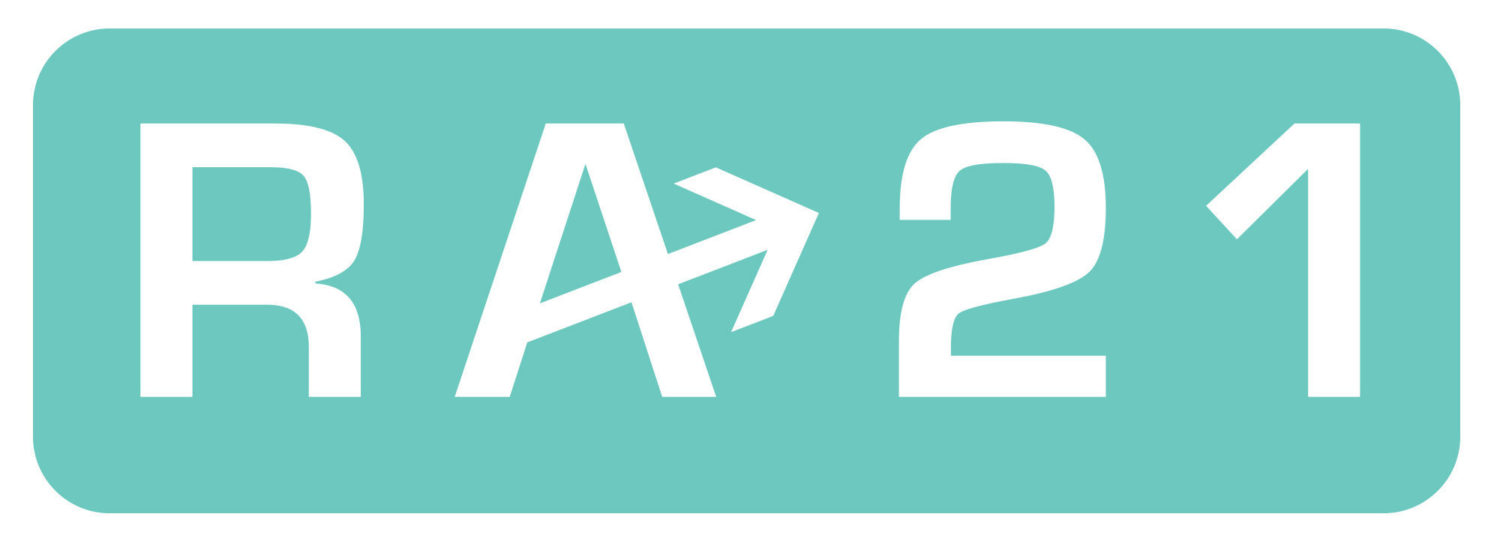RA21 Workshop Wrap-up
The RA21 Workshop, a half-day event held in Washington, DC in parallel with the STM Annual US Conference Society Day, was quite a success. Thirty-five people attended, representing publishers, librarians, vendors, and identity federation operators interested in moving the RA21 project forward. Slides from the event are available here (RA21Workshop-April2017-final).
The workshop started with an introduction to the project, and quickly moved to discussing the pilots themselves. Ralph Youngen (American Chemical Society) described the corporate pilot and its explorations regarding an identity federation for the Pharmaceutical Documentation Ring (P-D-R) companies. While there is a significant overlap in use cases between the academic and corporate pilots, the P-D-R companies do not quite fit in an academic model; creating a new federation may make sense for their use case.
The majority of the day was spent discussing the three pilots that focus on the academic use case. Chris Shillum (Elsevier) did a short presentation on the Privacy Preserving Persistent WAYF (P3W) pilot which spurred three breakout groups. The groups in turn discussed potential barriers to adoption, level of effort required, existing work that should be leveraged, and how to move forward. The question of existing work became critical later in the day as the newest pilot, the Client-based WAYF as presented by Leif Johansson (SUNET), proved to neatly align with the P3W pilot expectations. The Client-based WAYF, using services developed, tested, and in production as one of the Swedish Academic Identity Federation (SWAMID), offers users a choice to use a particular federated identity ‘forever’ (or until such time as they want to change their home organization). There are plans to add a telemetry service that would work in the background to determine what Identity Providers (IdPs) will work with specific Service Providers (SPs), thus limiting the list presented to the user to only IdPs known to work with that particular SP.
Elias Balafoutis (Atypon) presented on the Shared WAYF pilot, a solution that would allow publishers to share information on whether an anonymized user has already authenticated, thus limiting the number of authentication requests a user has to answer in order to access material in the scholarly publishing space. This is an opt-in service for both users and publishers, specifically geared towards providing as seamless a user experience as IP authorization.
By the end of the afternoon, three academic pilots had turned into two. Both pilots now have project management, developer resources, and running code to work from. One area that was identified as a critical project gap, however, was the lack of a clear articulation of the value of the project to academic libraries. The goal of the RA21 project is to develop a set of best practices around the user experience with identity provider discovery when a service uses federated authentication. For these best practices to be supported by all stakeholders in the scholarly communications space, librarians are a key stakeholder group that must be engaged. As a result of these discussions, the RA21 steering group will be evolved into an advisory board that brings all key stakeholder groups (librarians, publishers, vendors, and identity federation operators) to the table.
There is quite a bit to do now on the project: librarians need to be identified to join the advisory group; the pilots need to meet within their project teams and start testing their ideas; and, we need to start documenting the best practices that are coming out of this work. The timeline, subject to change as we work through the pilots, is to have the platforms in testing mode in Q3 2017, to draft the best practices in Q4, and to meet with each stakeholder group in Q4 2017 and through 2018 to get their feedback. We expect to finalize the best practices in 2018. Expect additional workshops later this year and in 2018!

Leave a Reply
You must be logged in to post a comment.